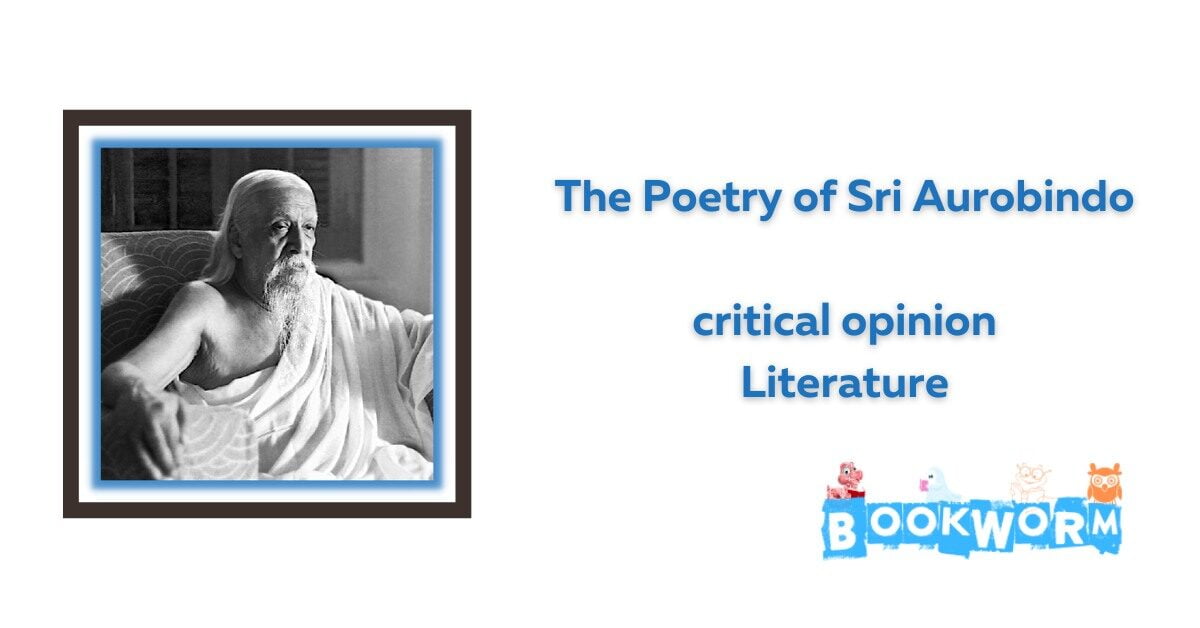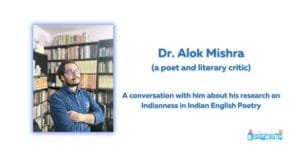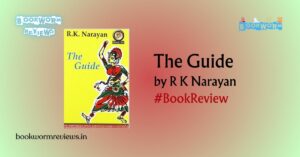Indian English poetry took off nice and slow. Early poets who composed poems in English for a limited Indian audience cared a lot for content, themes and style. However, with time and increasing acceptance of a foreign language in the country, poetry in English changed. The language of the oppressors did not make much difference in the lives of many who considered language only as a medium of expression. Nevertheless, a few poets in the 20th century used this medium of expression beyond the imagination of the oppressors – Sri Aurobindo and Tagore, to name the two most influential figures in Indian English literature. Among the two, Sri Aurobindo stands taller, broader and wiser (casting a shadow that takes away the shine from the legacy of many other literary figures). As a poet, there are many qualities in Sri Aurobindo that you may find in the books of Indian English literature by Iyengar, Naik and King. In this article, I will mention some of the distinct features of Sri Aurobindo’s poetry that underline his vision.
- Spiritual Thoughts: Sri Aurobindo’s poetry bears a mark of an ardent seeker seeking answers to eternal questions of existence, reality, divinity and beyond. As a true Indian Yogi who seeks to uncover the mist and fog of confusion and delusions (and dig out wisdom), the poet keeps pondering. If you follow the poet’s development (Sri Aurobindo), you may find the poems of the early years are questions, and those of the latter may be the answers.
- Innovation: Sri Aurobindo’s poetry is known for its innovative style and form. He often blended traditional Indian literary forms with elements of modern European poetry to carve out a distinct and communicative style that reflects Indianness (and also appeals to the global enthusiasts of poetry).
- Poetic Vision: Without vision, no poet can succeed beyond producing superficial and worldly poems. Sri Aurobindo’s poetry reflects his unique perspective on life, the world, and human existence. He explores philosophical and spiritual themes in a way that reflects his vision. Moreover, he fused his vision and imagination to produce immortal works of literature such as Savitri and The Life Divine.
- Elevated Language: Sri Aurobindo’s poetry is known for its rich and imaginative use of language. He employs a wide range of literary devices, such as metaphor, symbolism, and alliteration, to convey his ideas. To evoke emotions in readers, he uses a variety of images that instantly connect with readers and sync with their thoughts.
Other than these apparent features of his poetry, there is also a distinct quality in his use of imagery. Sri Aurobindo invokes rich Indian tradition and historical perspectives from the depth and compels his readers to not only enjoy his poetry but learn more about Indian history, ancient wisdom and spiritual aspects as well.
Though there are many images and metaphors Sri Aurobindo employs, here are a few distinguished and recurring elements one finds in his poetry.
- Nature: Sri Aurobindo often uses images of nature. Mountains, rivers, oceans, clouds, forests and other natural phenomena (to convey a sense of vastness and majesty of the divine) appear at frequent intervals in the poetry by Aurobindo.
- Mythology and History: Sri Aurobindo drew his inspiration from the vast world of Hindu mythology and legends. He often asserts the universal messages found in the great Hindu heritage like Gita, Upanishads, Vedas, Ramayana and the Mahabharata.
- Spiritual Imagery: Spiritual messages, quests, ideas, and interminable search for oneself and the divine often feature in the works by Sri Aurobindo – prose and poetry. However, his poems on the soul, solace, universal peace, oneness with the supreme soul, and other spiritual ideas are amazing to read.
To read about Sri Aurobindo and understand his works as a whole, you can read this well-written biographical sketch and critical appreciation of his writings (overview) on The Indian Authors platform – Sri Aurobindo.
Written by Madhav for BookWorm Reviews





1 Comment. Leave new
Helpful article… explains the nature of poetry of Sri Aurobindi very well.